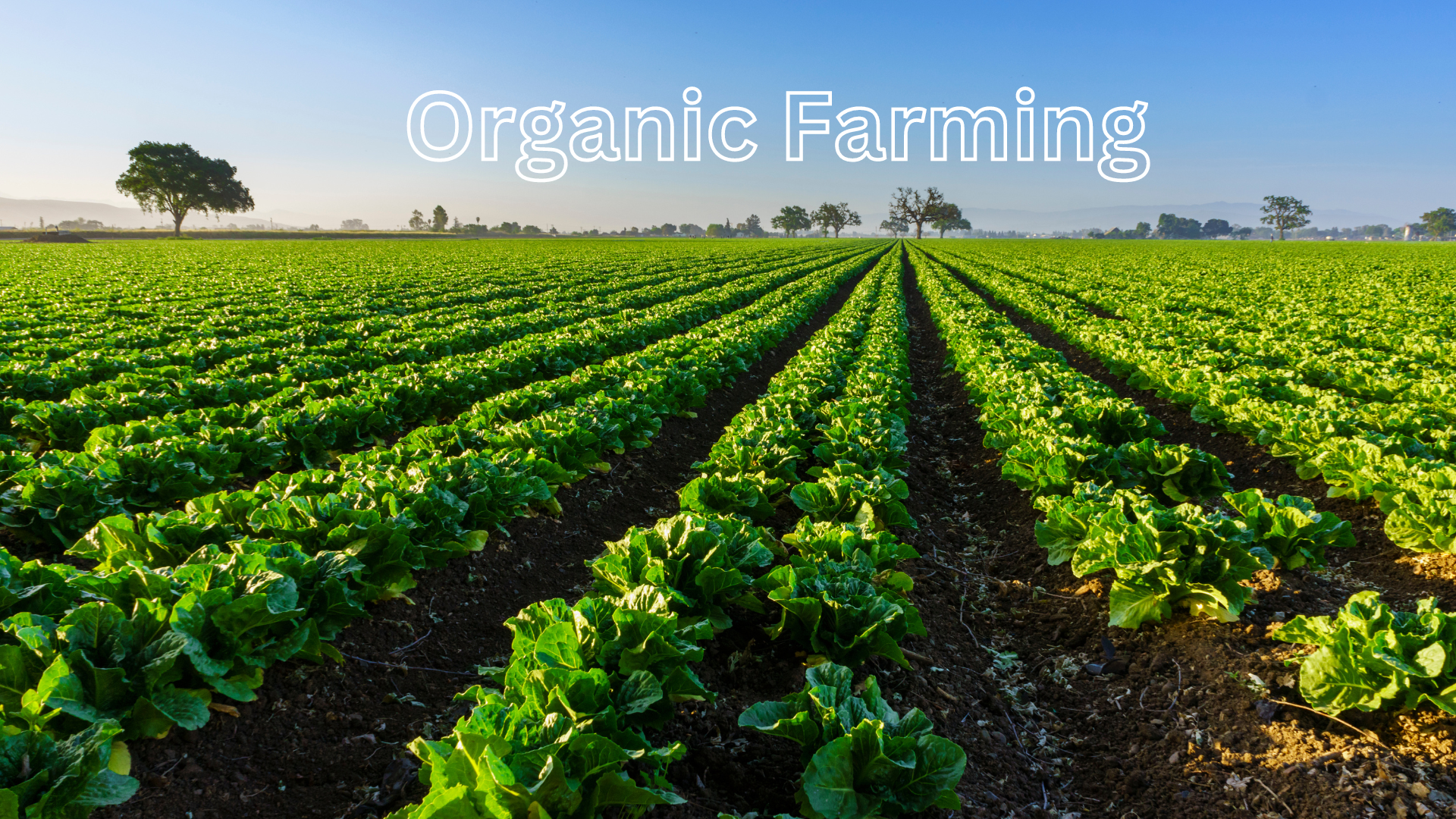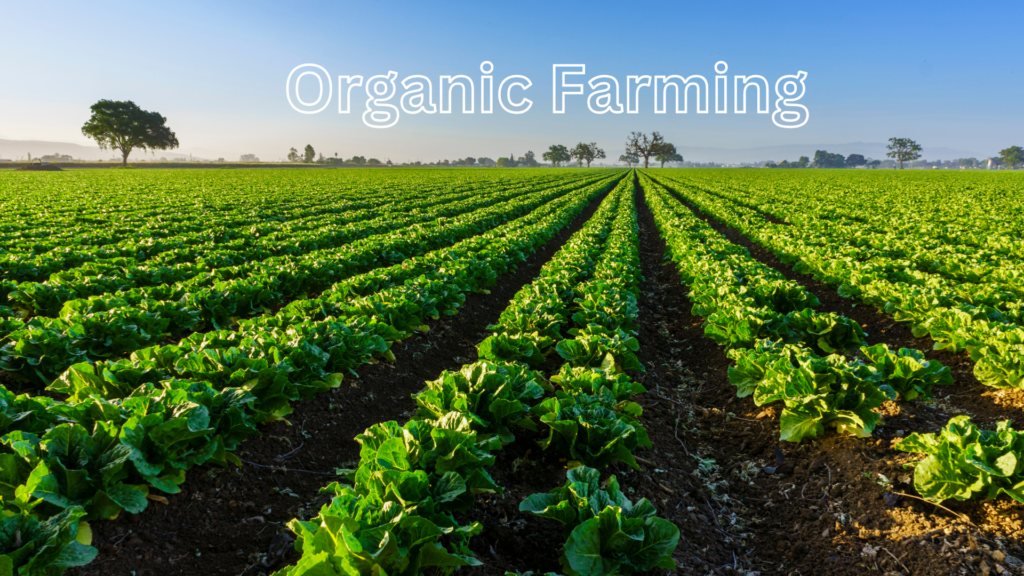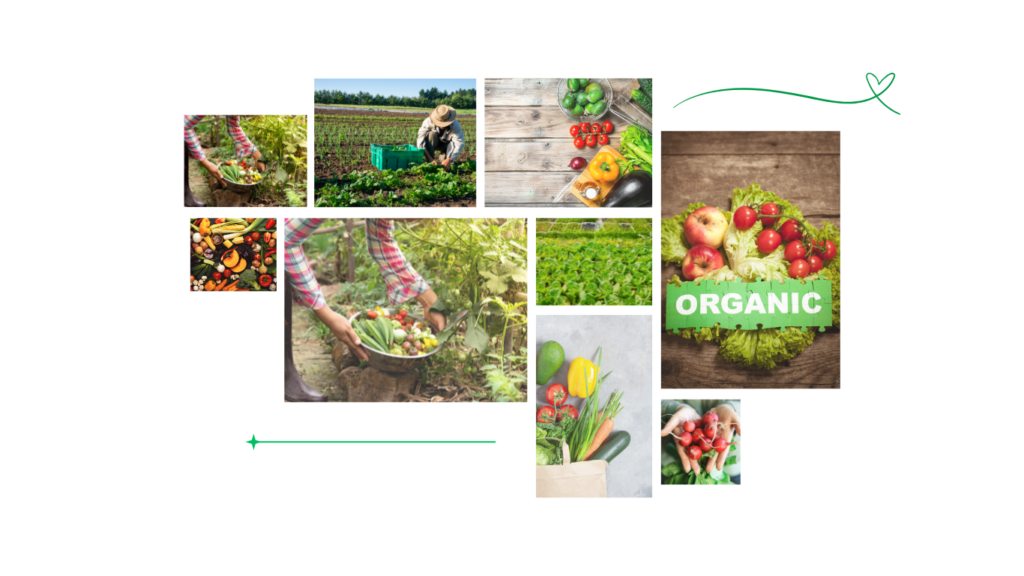

In today’s health-conscious society, the demand for organic products continues to soar. Consumers are increasingly turning to organic options in pursuit of healthier lifestyles and sustainable practices. However, with the proliferation of greenwashing and misleading marketing tactics, the importance of authenticity in organic products cannot be overstated.
What is Authenticity in Organic Products?
Authenticity in organic products refers to the genuine commitment of brands to adhere to organic principles and practices. It encompasses transparency, integrity, and accountability throughout the entire production process, from sourcing raw materials to manufacturing and distribution.
Why Authenticity Matters?

1. Consumer Trust
Authenticity builds trust among consumers. When brands uphold their commitment to organic standards, they foster loyalty and credibility with their audience, leading to repeat purchases and positive word-of-mouth recommendations.
2. Environmental Impact
Authentic organic products contribute to environmental sustainability by promoting organic farming practices that prioritise soil health, biodiversity, and ecological balance. By choosing authentic organic options, consumers support efforts to minimise chemical inputs and reduce carbon footprints.
3. Health Benefits
Authentic organic products offer tangible health benefits. Free from synthetic pesticides, herbicides, and genetically modified organisms (GMOs), they provide consumers with nutritious and wholesome alternatives that promote well-being and vitality.
How to Verify Authenticity?

1. Certification
Look for reputable organic certifications such as USDA Organic, EU Organic, or Soil Association Organic. These certifications ensure that products meet stringent organic standards and undergo regular inspections and audits.
2. Traceability
Choose brands that prioritise traceability and supply chain transparency. Seek information on where and how ingredients are sourced, processed, and packaged to ensure authenticity and ethical practices.
3. Ingredient List
Review the ingredient list carefully. Authentic organic products should contain certified organic ingredients, clearly labelled without hidden additives, synthetic chemicals, or artificial flavours.
Communicating Authenticity
1. Clear Messaging
Communicate your brand’s commitment to authenticity through clear and transparent messaging. Highlight your organic certifications, sustainable practices, and ethical values to resonate with eco-conscious consumers.
2. Storytelling
Share your brand’s story and journey towards organic excellence. Engage consumers with compelling narratives that showcase your dedication to quality, integrity, and environmental stewardship.
3. Education
Educate consumers about the benefits of authentic organic products and the importance of supporting organic agriculture. Provide informative content that empowers consumers to make informed purchasing decisions.
Conclusion
In a market saturated with greenwashing and misleading claims, authenticity emerges as a beacon of trust and credibility for consumers seeking genuine organic products. By verifying authenticity through certifications, traceability, and ingredient transparency, brands can build lasting relationships with discerning consumers who prioritise health, sustainability, and ethical values.
FAQs (Frequently Asked Questions)
1. What does “organic” really mean?
“Organic” refers to agricultural products produced without the use of synthetic pesticides, herbicides, fertilisers, or genetically modified organisms (GMOs). Organic farming practices prioritise soil health, biodiversity, and ecological sustainability.
2. How can I differentiate between authentic organic products and greenwashed ones?
Look for reputable organic certifications, review ingredient lists, and research brands’ sourcing and production practices to verify authenticity. Avoid products with vague or misleading claims and prioritise transparency and integrity.
3. Are organic products more expensive?
Organic products may be slightly more expensive due to higher production costs associated with organic farming practices and certification requirements. However, many consumers view the premium as an investment in their health, the environment, and supporting ethical agriculture.
4. Can I trust products labelled as “natural” or “green”?
Labels such as “natural” or “green” are not regulated and can be misleading. Unlike organic certifications, they do not guarantee adherence to specific standards or practices. It’s essential to scrutinise ingredient lists and seek reputable certifications to ensure authenticity.
5. How can I support organic agriculture?
Support organic agriculture by choosing certified organic products, advocating for sustainable farming policies, and supporting local farmers’ markets and organic food cooperatives. Your purchasing decisions have the power to drive positive change towards a more sustainable and healthy food system.